Famous Games Inspired by Famous Books
With the evolution of the medium, more and more video games have begun to show signs of having been inspired by famous works of literature. Boar Books and Boar Games team up to take a look at a few such examples.
The Book: Cormac McCarthy’s The Road
The narrative follows The Man and The Boy as they journey along the road in a post-apocalyptic world. They endure constant suffering through starvation and sickness as well as coming face-to-face with evil, like the “bad guys” who rape and eat people. Nonetheless they help each other out, The Man teaching The Boy how to survive in this harsh reality.
The Last of Us was undoubtedly inspired by this powerful work of fiction, abundant in both suffering and love.
The Game: Naughty Dog’s The Last of Us
A desolate, post-apocalyptic wasteland, a budding paternal relationship and unrelenting violence: themes that both The Last of Us and The Road share in abundance, with the former clearly inspired by the latter.
However, despite these similarities The Last of Us stands out as its own unique entity, evoking powerful emotional reactions through its themes of loss, fear and desperation with its tale of a man and his protégé attempting to survive as they travel across an infection ravaged United States. Naughty Dog creates a world that is desolate but beautiful, calm but terrifying, and delivers an overall experience that is effective both as a homage to McCarthy’s work, and a triumph in its own right.
___
The Book: Ayn Rand’s Atlas Shrugged
Rand’s self-described magnum opus explores a United States in which many of the country’s top industrialists have abandoned the state and their own personal wealth in response to overregulation by an oppressive government. Unable to survive without the financial might of the oligarchies, society collapses.
Atlas Shrugged presents us with the intriguing dilemma of the importance of one’s mind within wider society, and the obligation we have to our fellow man. Its conflict; the individual versus society, has raised questions still prevalent in the modern age, and reminds us of the fragility of an infrastructure predicated purely on wealth. It’s hardly surprising that games developers are keen to take the notion further in a more interactive medium.
The Game: Irrational’s Bioshock
At first glance Irrational’s dystopian underwater world seems to bear little resemblance to Rand’s work. Yet a closer glance reveals more; both works centre on the notion of Rand’s objectivist philosophy on happiness, applied in the literal sense, and the disastrous consequences it brings about.
Bioshock also develops on the essence of the art deco scene that Rand captures, evolving it into its own unique artistic style by incorporating steampunk elements from both an aesthetic and gameplay perspective to create an experience that is both engaging to play, but also raises interesting questions regarding the nature of free will and the right of the individual to push the limits of their own creativity in a larger society.
___
The Book: Joseph Conrad’s Heart of Darkness
Heart of Darkness can be described as a work of psychological horror set in the African Interior and based on Conrad’s own experiences as captain of a Belgian steamer. Set straight after the Scramble for Africa, the great author explores the negative side of imperialism.
The narrative follows English agent Marlow who, working for a Belgian company, travels into the African jungles to search for a mysterious man named Kurtz, who is simultaneously being treated as a god as he slowly goes mad. The story is about opposites: good and evil, black and white, sanity and insanity. The reader is left with nothing at the end, displaying the emptiness at the core of humanity and in language. It is a true literary exploration of modern life.
The Game: Yager’s Spec Ops: The Line
The Line takes an interesting approach in its interpretation of Conrad’s colonial novella. What initially begins as a generic military shooter set in a sandstorm-ravaged Dubai slowly evolves into an exploration of the morality of casualties in war, as well as the wider ramifications of acts of horror on the human psyche.
Walker, the central protagonist, transforms before the players eyes from venerable leader into something altogether more grey, though his ultimate moral standing falls to the player’s own personal interpretation of his actions, much in the vein of Conrad’s own creation in Kurtz. Stylistically, the two works stand far apart, but, both thematically and narratively, the two are inextricably linked.
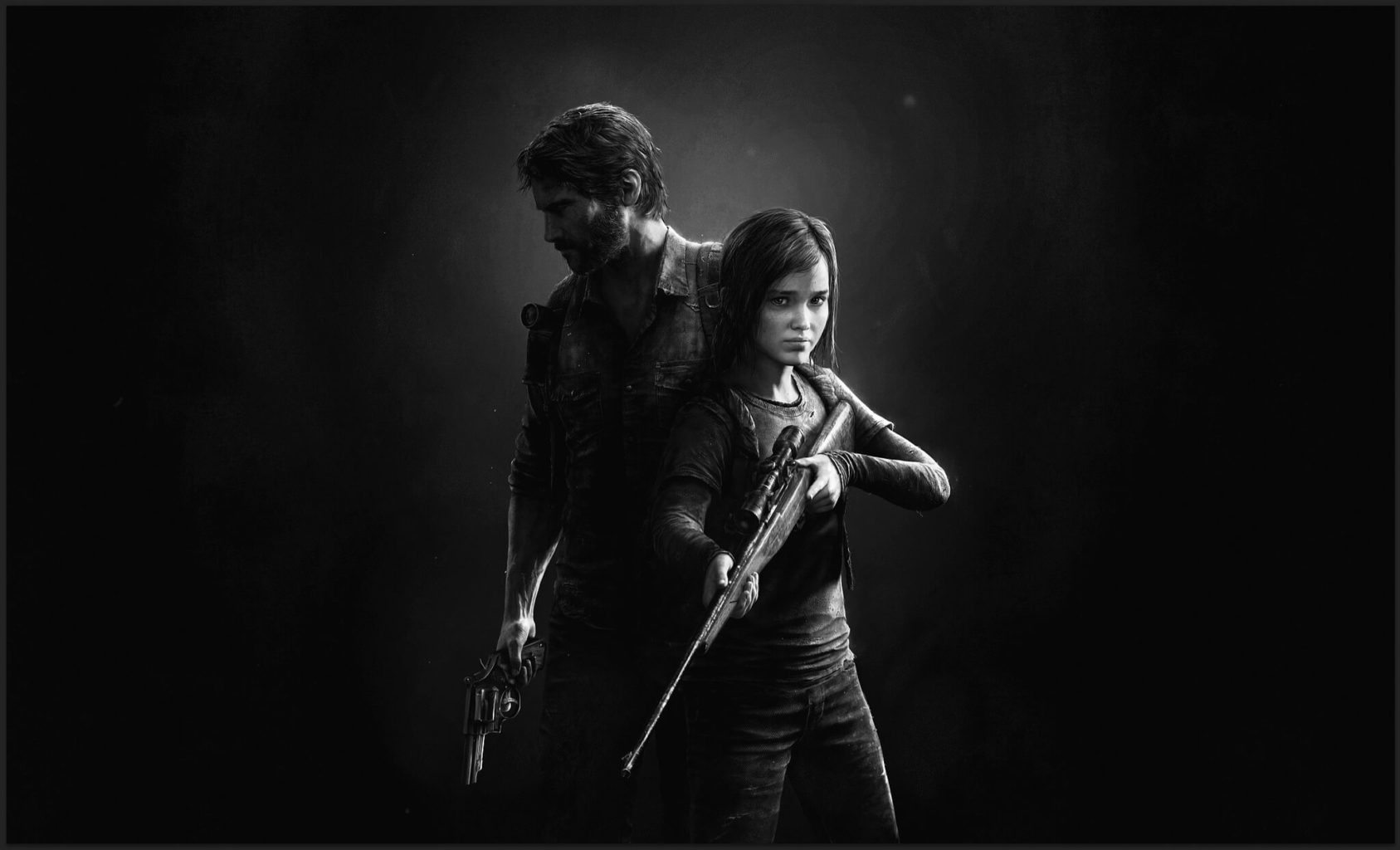

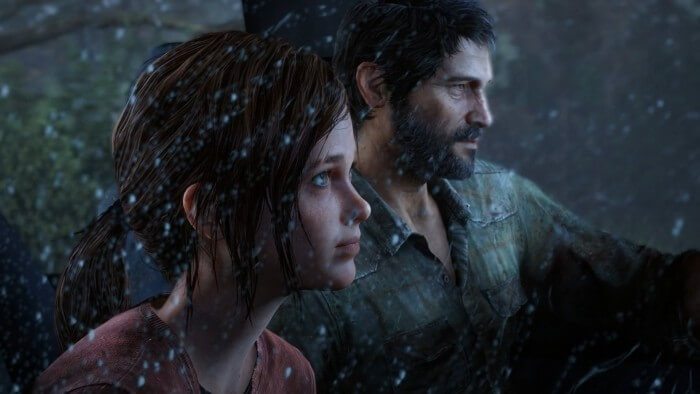

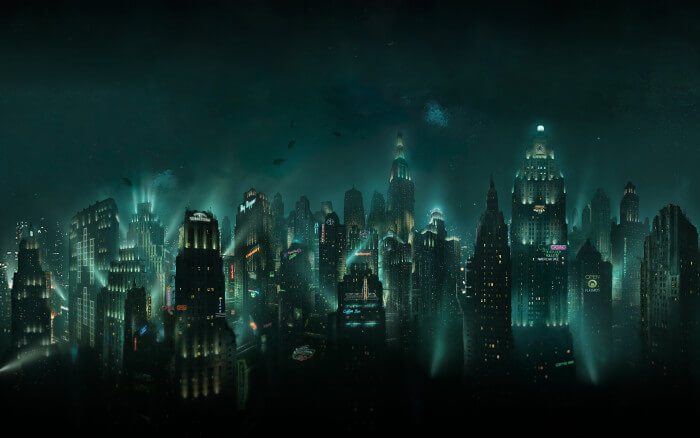
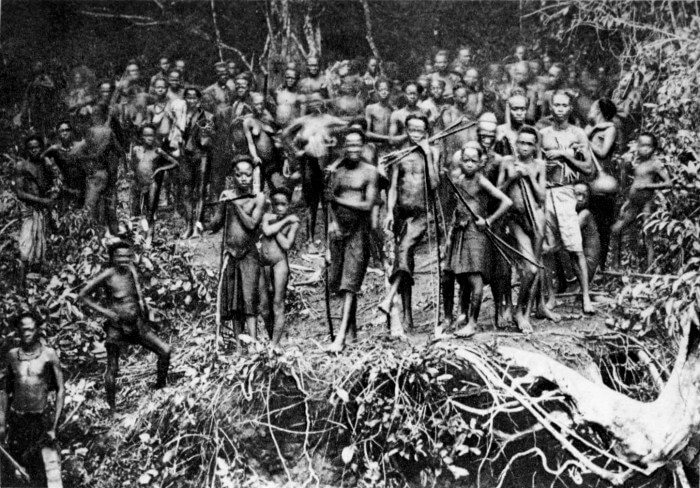
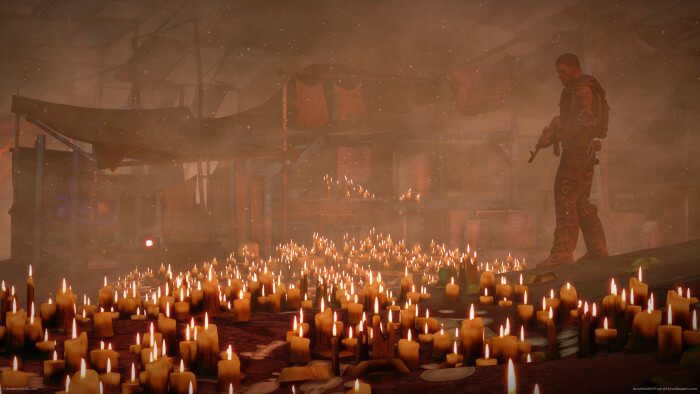
Comments (1)